Oftentimes, a director feels that a movie is no longer a product of their own and therefore doesn't want their name associated with it. From 1969 to 2000, if directors became dissatisfied with their film or felt studio interference made it less their film, they could change their credit to the pseudonym "Alan Smithee" to protect their reputation.
However, the credit was used so many times for disowned movies that audiences realized that, if the director was "Alan Smithee," the movie was probably bad, meaning that it became a kiss of death to the film financially. Movies require a director credit, though, so, while "Alan Smithee" is no longer used, directors can still use other pseudonyms when they don't want to be credited. Here are 10 movies that the director disowned and the "Alan Smithee" credit or another pseudonym were applied.
10 An Alan Smithee Film: Burn Hollywood Burn (1997) - 8%
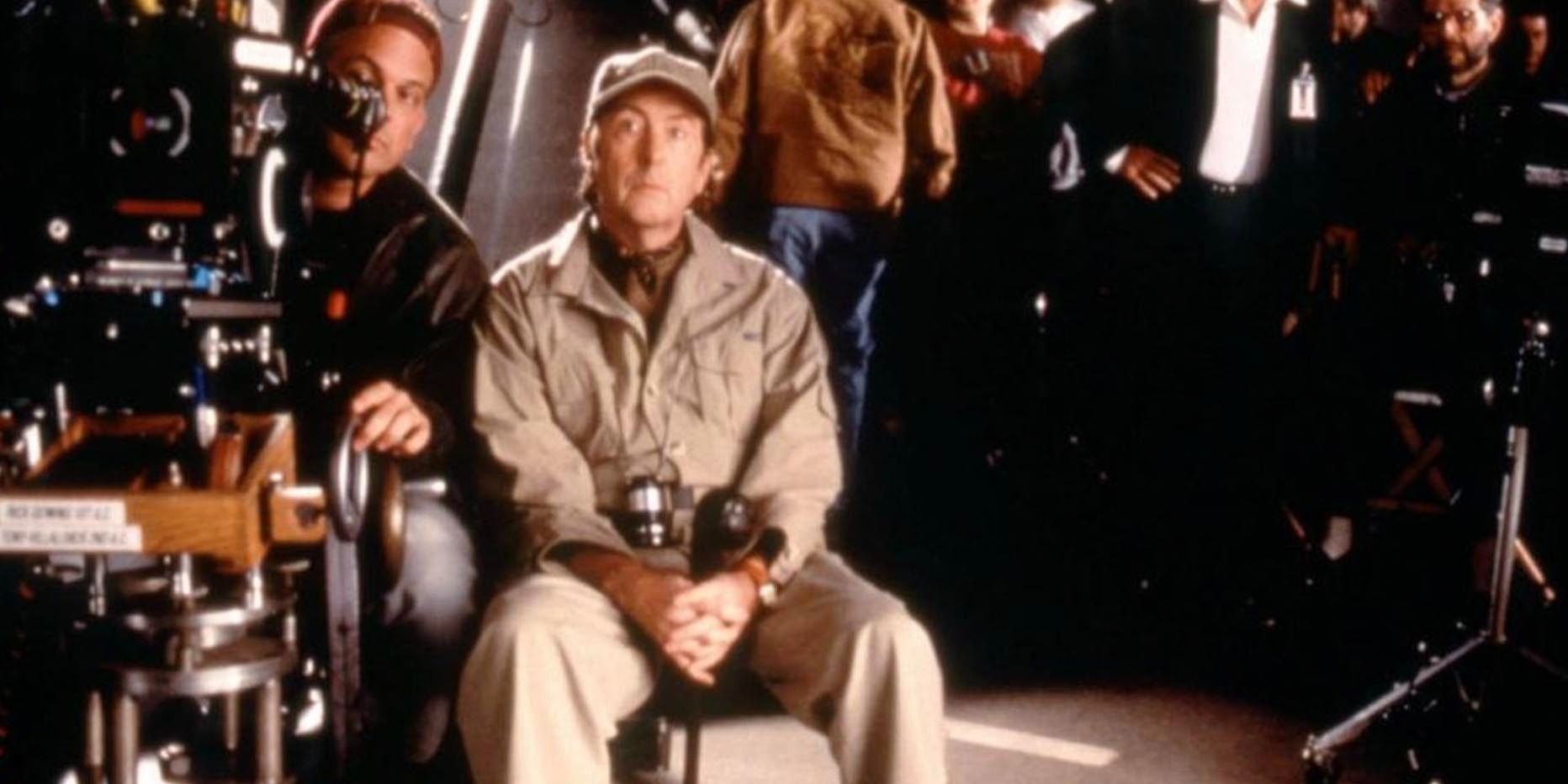
Burn Hollywood Burn attempted to have a satirical take on the infamous pseudonym. The movie revolved around a director (Eric Idle) actually named Alan Smithee who attempts to destroy his own film rather than have his name associated with it.
Ironically, the director, Arthur Hiller, ended up requesting an "Alan Smithee" credit after he claimed the film's writer Joe Eszterhas, who wrote Showgirls, and the studio re-cut the film without him. Some claimed this was a publicity stunt to promote the movie, which ultimately flopped and won several Razzies. Ultimately, the bad press led the Directors Guild Of America to discontinue the "Alan Smithee" pseudonym.
9 Accidental Love (2015) - 8%
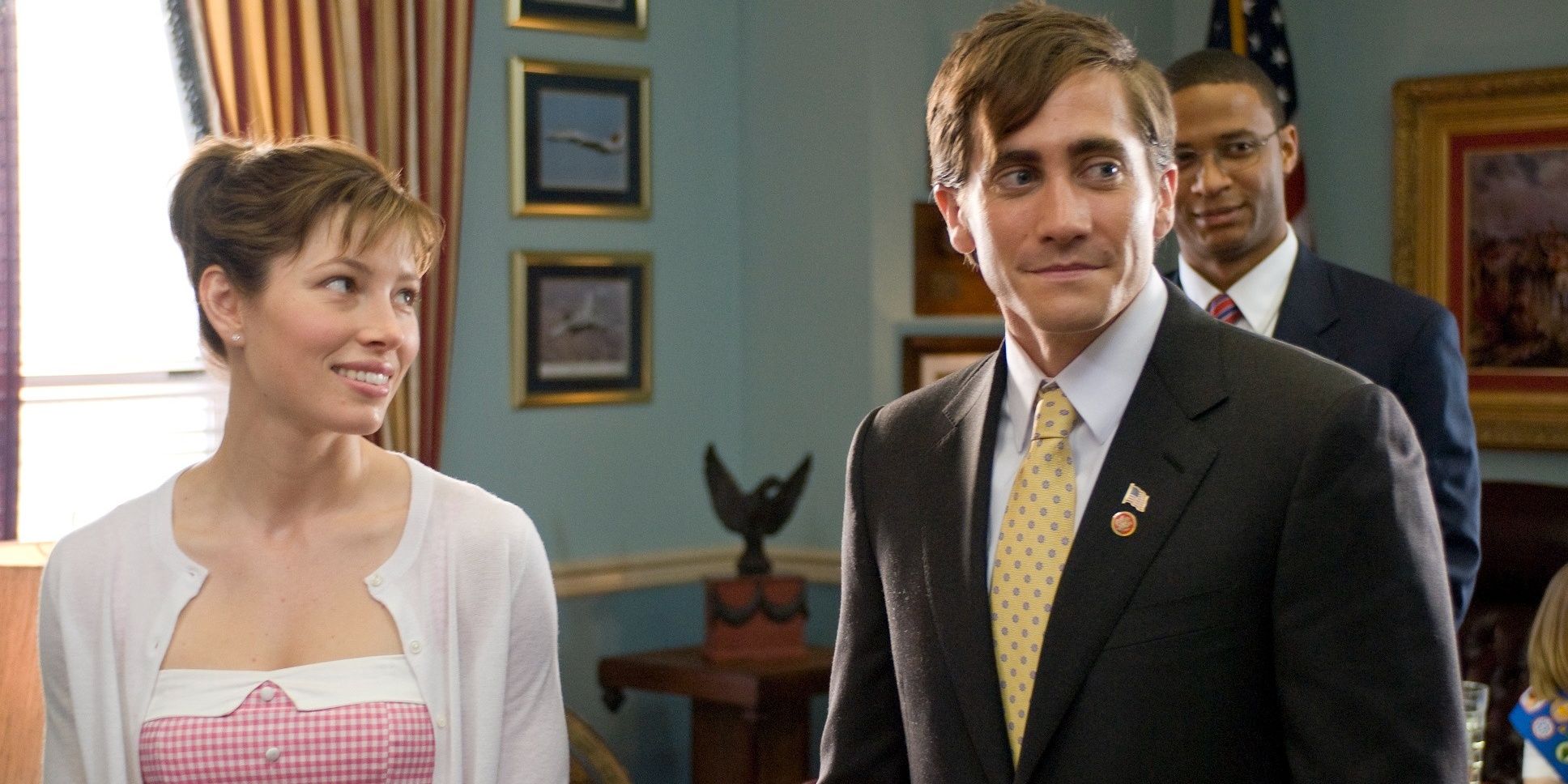
Recently, acclaimed director David O. Russell has had a string of hits, including Silver Linings Playbook and The Fighter. However, in 2008, he set out to make a movie called Nailed starring Jessica Biel as a woman shot in the head with a nail gun who goes to Washington to campaign for those with weird injuries.
However, financial problems caused the production to shut down 14 times due to the inability to pay the actors and crew. Eventually, the production shut down completely before the project could be completed. Two years later, Russell officially quit the production after being shown an unfinished assembly of the film, and contractual obligations brought Jessica Biel back to shoot missing scenes. Russell removed his name from the film and is credited as "Stephen Greene." Now generically titled Accidental Love, the movie was released to horrible reviews, grossing $140,000 off a $26 million budget.
8 Exposed (2016) - 8%
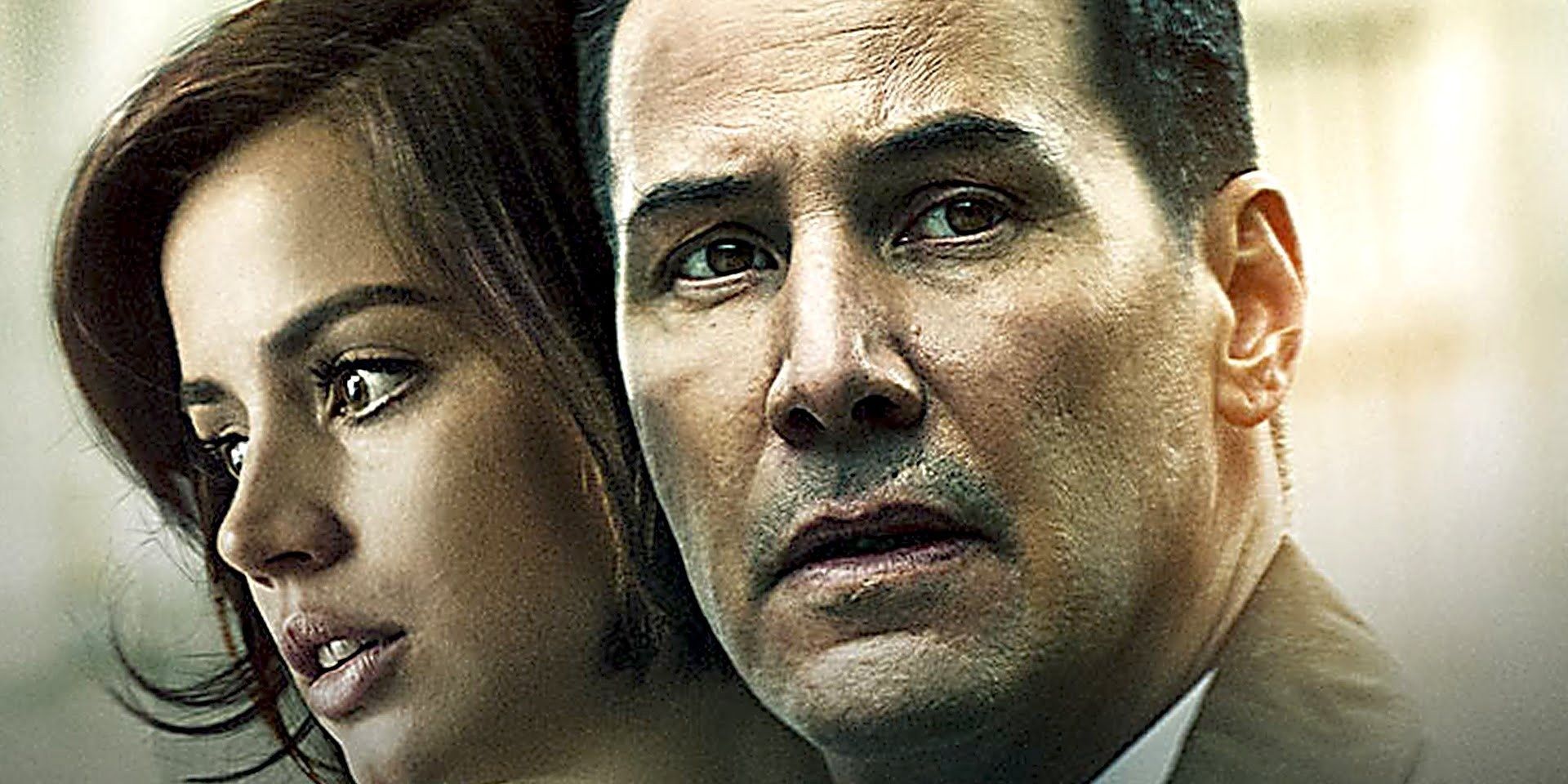
Originally filmed as Daughter Of God, Exposed initially was a bi-lingual drama starring Ana de Armas and Keanu Reeves that focused on child abuse and violence against women. The film was completed and sold to Lionsgate. However, Lionsgate thought they had bought a cop movie. So, they recut the movie around Keanu Reeves' secondary character and made the movie a cop-thriller.
Following the changes, the director, Gee Malik Linton, removed his name, and the now-titled Exposed was released credited to "Declan Dale." Exposed received terrible reviews, but a director's cut reflecting Linton's original vision exists for those interested in the original vision for the project.
7 Supernova (2000) - 10%
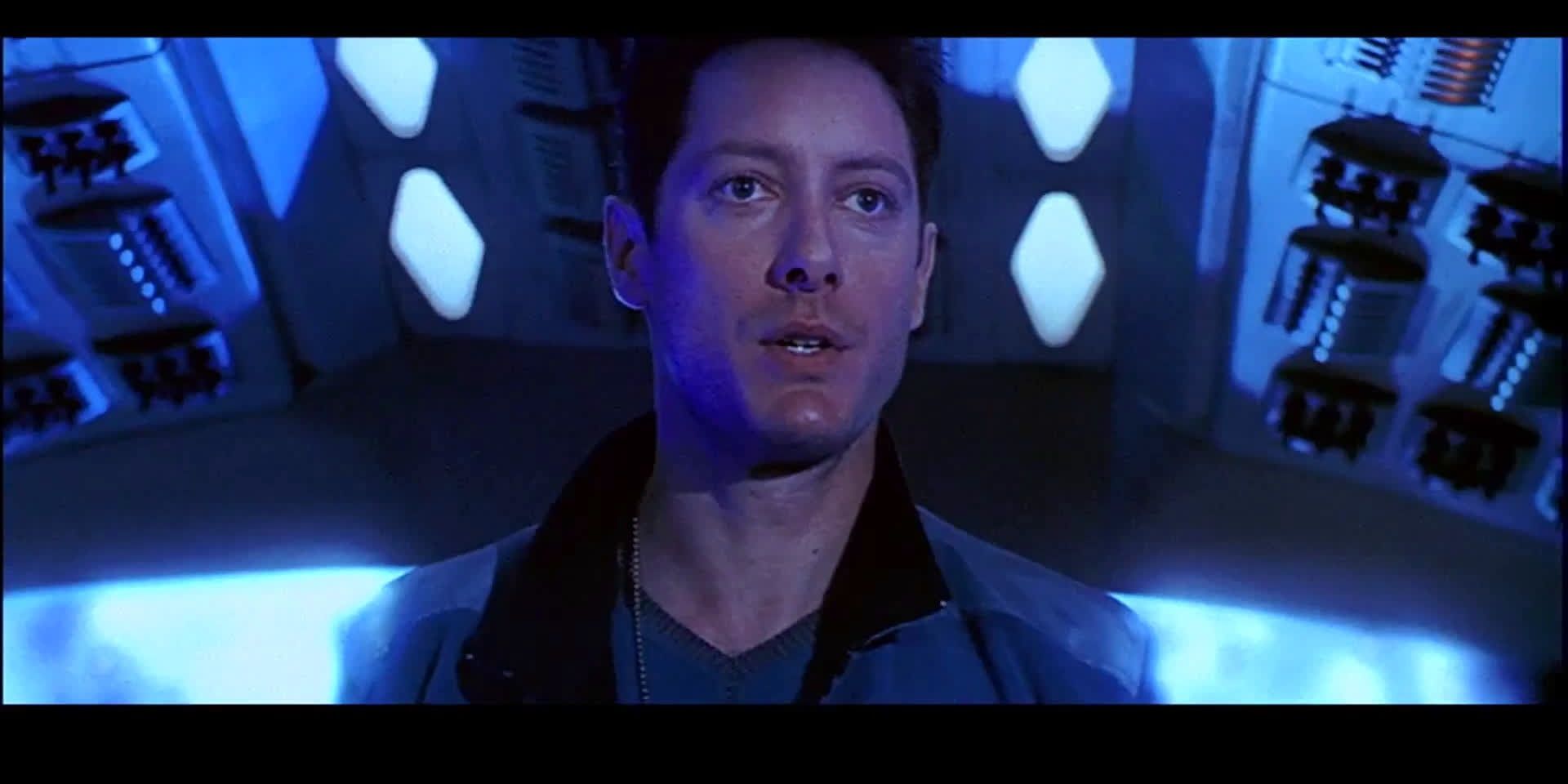
In Supernova, a hospital ship brings aboard a mysterious man with an alien artifact that begins wreaking havoc on the crew. Following a budget-reduced production, director Walter Hill assembled a director's cut with unfinished special effects, that the studio, MGM, insisted on showing to a test audience. Hill knew the unfinished film would perform poorly, and it did. He also requested more money for reshoots, but, when MGM refused, he left the film.
As a result, MGM board member and The Godfather director Francis Ford Coppola was brought in to supervise another edit. Ultimately, MGM released Supernova to terrible box-office and reviews, and Walter Hill took his name off the movie, instead credited as "Thomas Lee."
6 The Birds II: Land's End (1994) - 12%
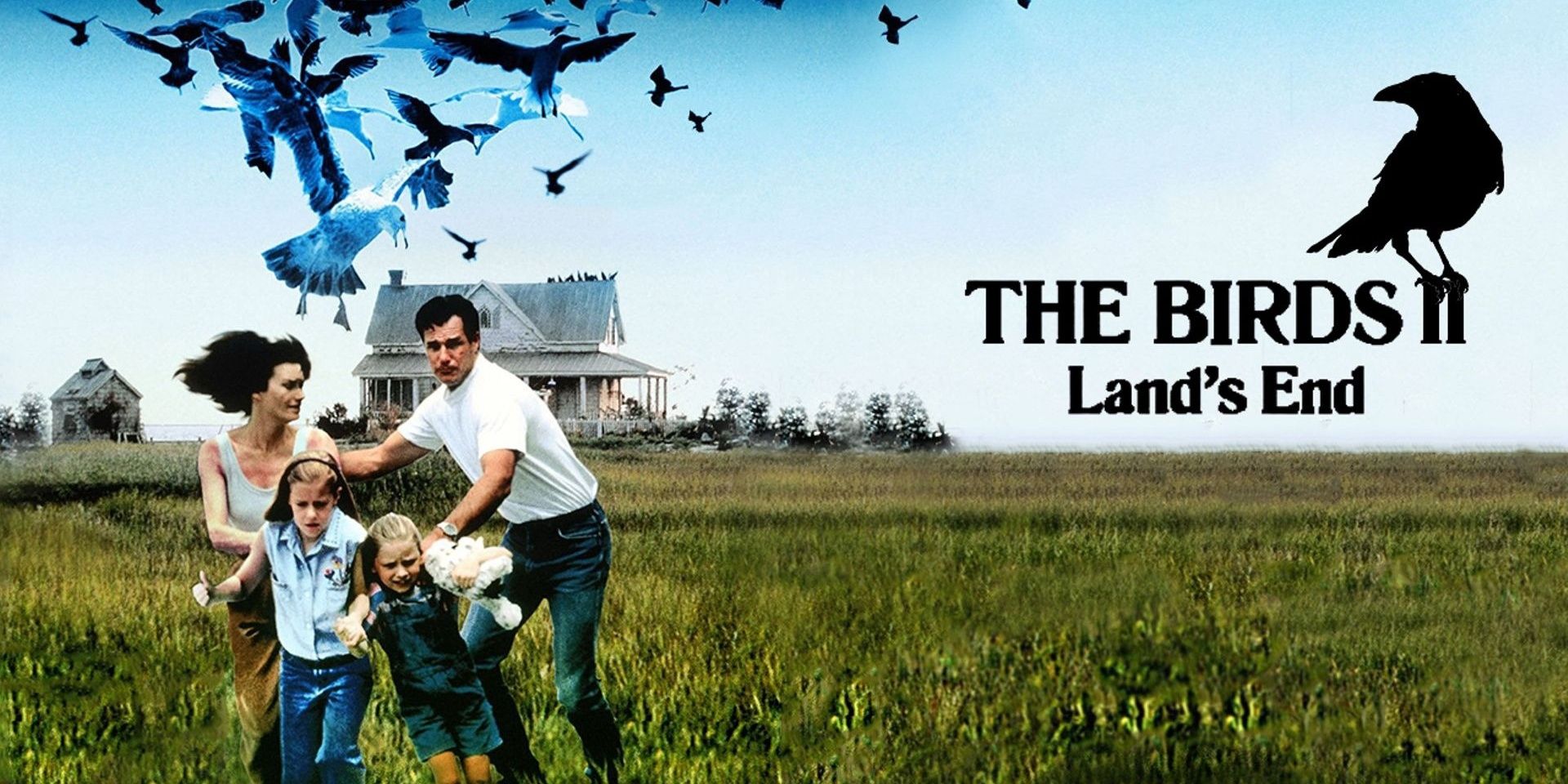
Following the surprise success of Psycho II, Universal felt they could give another classic Hitchcock movie the sequel treatment. This time it would be a follow-up to The Birds, a television sequel produced for the Showtime network. The plot follows a family being attacked by birds for no reason, just like the first film, and even Tippi Hedren appears in a cameo.
Critics maligned the film and pointed out that the Alan Smithee credit immediately killed all good faith in the movie. The Birds II was actually directed by Halloween II's director Rick Rosenthal.
5 Hellraiser: Bloodline (1996) - 25%
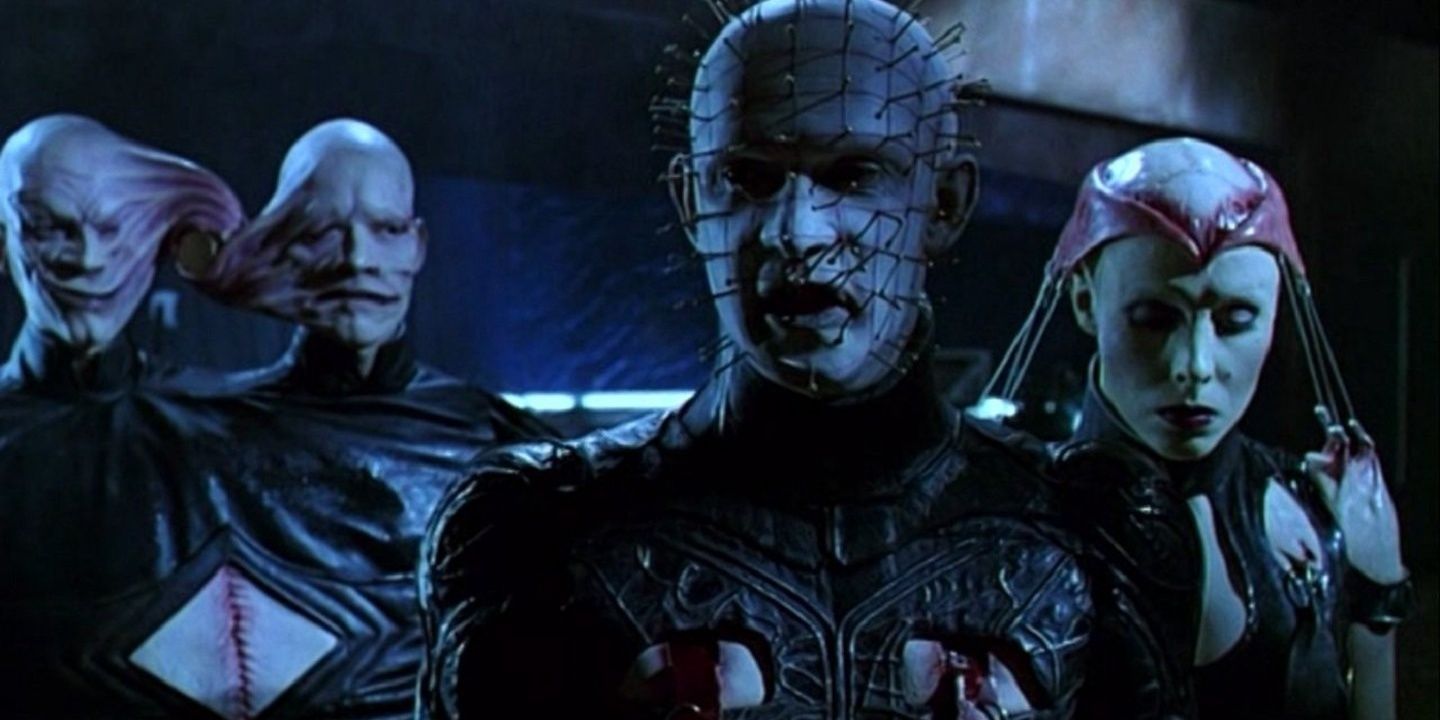
Hellraiser: Bloodline was the fourth installment in the Hellraiser franchise. The legendary special effects man responsible for Freddy Kreuger's makeup, Kevin Yagher, was chosen to direct. After Yagher completed his director's cut, Miramax wanted to recut the film and add new scenes, so they hired Phantoms' Joe Chappelle to direct new material.
The end result was a hodgepodge of footage from two different directors. Chapelle didn't direct enough to receive full credit, and Kevin Yagher didn't want credit since it strayed so far from his original vision. As a result, the film was given the "Alan Smithee" credit. Yagher never directed another film again but continued with special effects, working on films like Sleepy Hollow and Lemony Snicket.
4 Woman Wanted (1999) - 39%
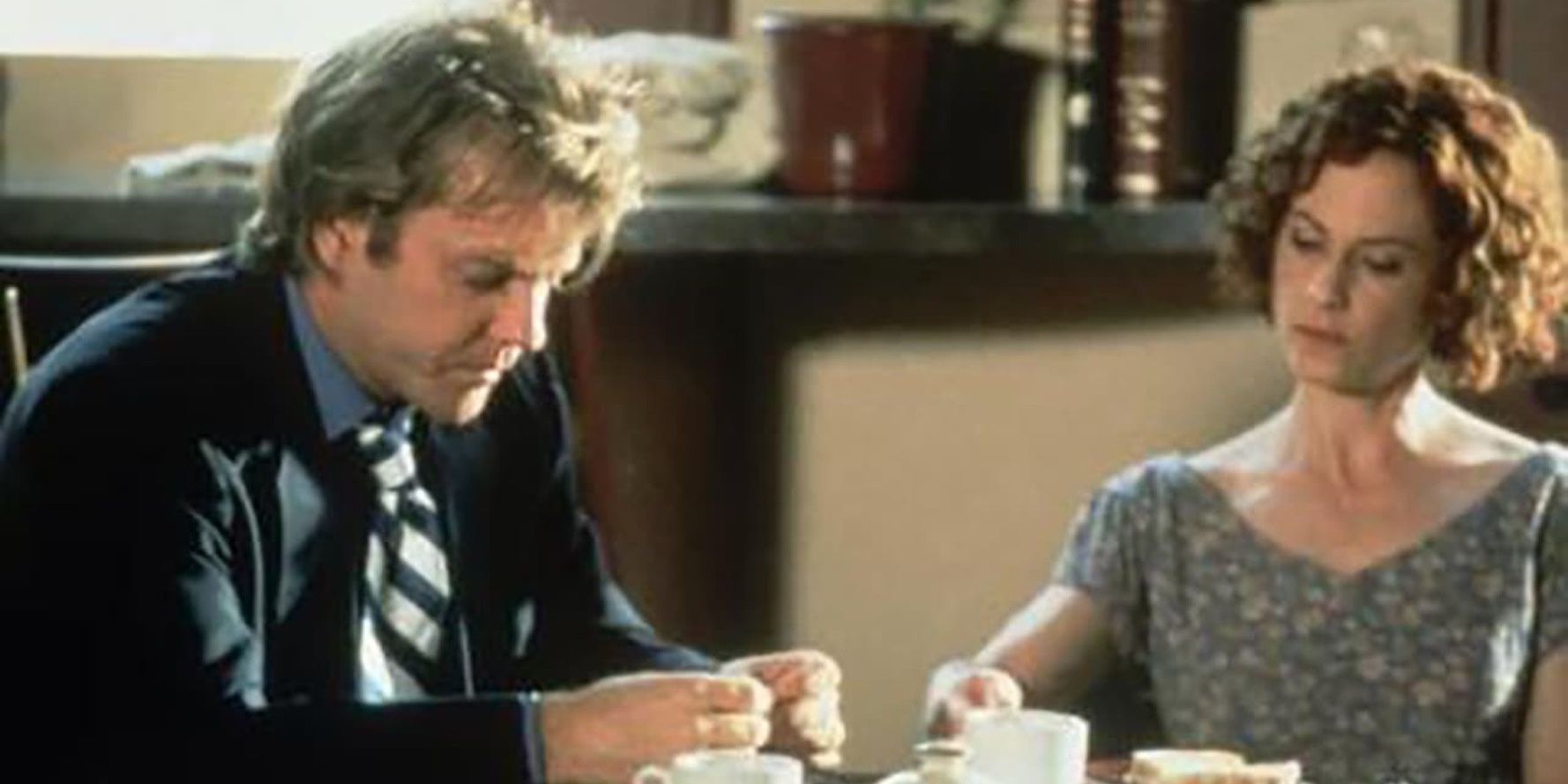
Woman Wanted tells the story of a housekeeper (Holly Hunter) who gets involved in the lives of a father and his moody son. Kiefer Sutherland directed and acted in the film. It is not known why exactly the film carries the "Alan Smithee" credit, but Sutherland presumably became disillusioned with it, so he decided to remove his name.
Sutherland has yet to direct another film, and this would be the last time the "Alan Smithee" credit would be used after the Burn Hollywood Burn fiasco.
3 Catchfire (1990) - 50%
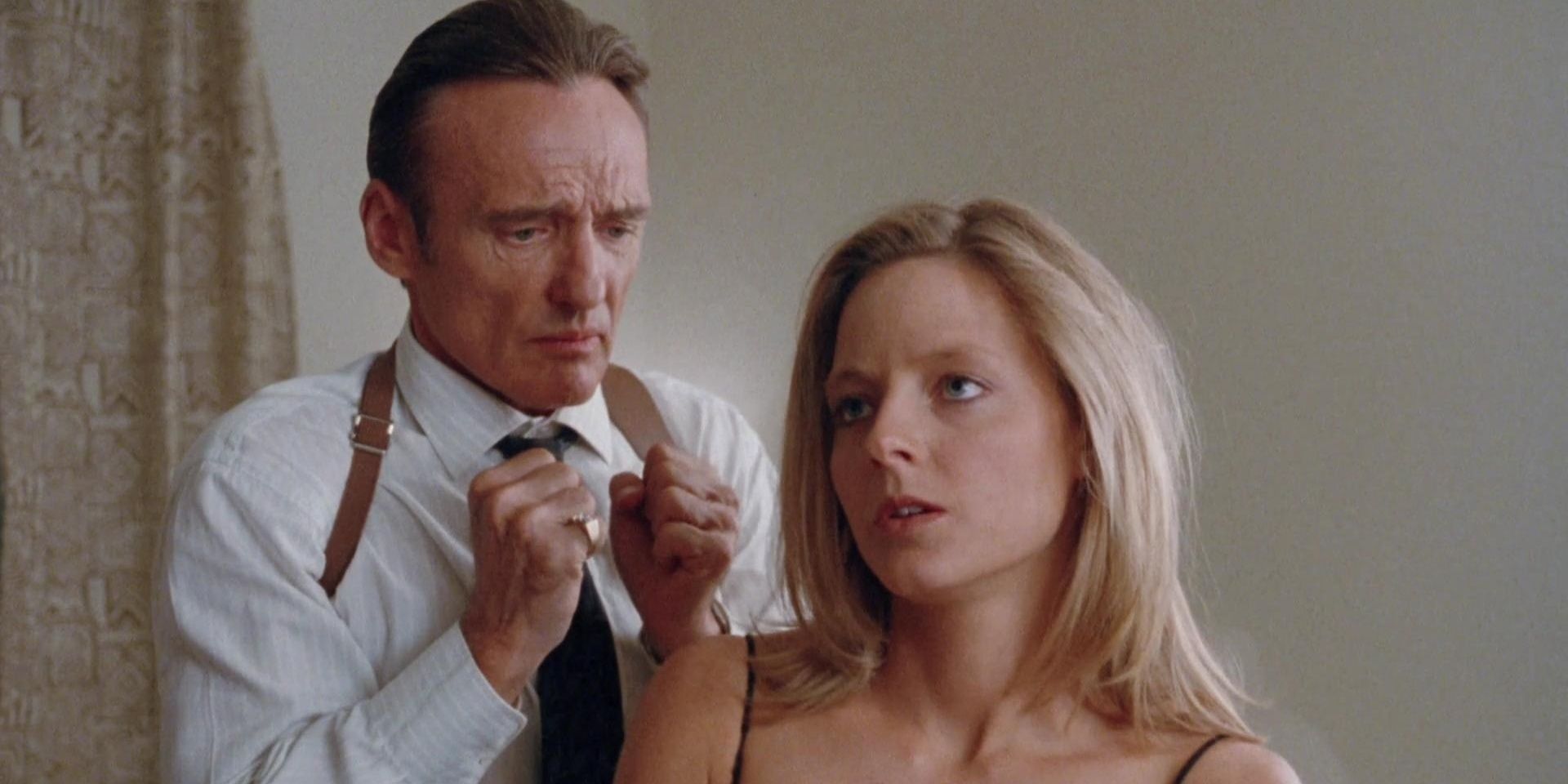
Easy Rider actor and director Dennis Hopper directed the 1990 thriller Catchfire about a witness trying to outrun a hitman. The film had an all-star cast that included Hopper, Jodie Foster, an oddly uncredited Joe Pesci, Vincent Price, and a bizarre cameo from Bob Dylan.
Not only did Hopper and Foster not get along on set, but the studio wasn't happy with Hopper's original cut, so they re-edited the film without his knowledge. Hopper tried to sue, but the studio was already bankrupt. Hopper then decided to remove his name, so he received the "Alan Smithee" credit. Catchfire received negative reviews, but Hopper later released his original cut on TV with his name with the project re-titled Backtrack.
2 Dune: Television Extended Edition (1984) - 51%
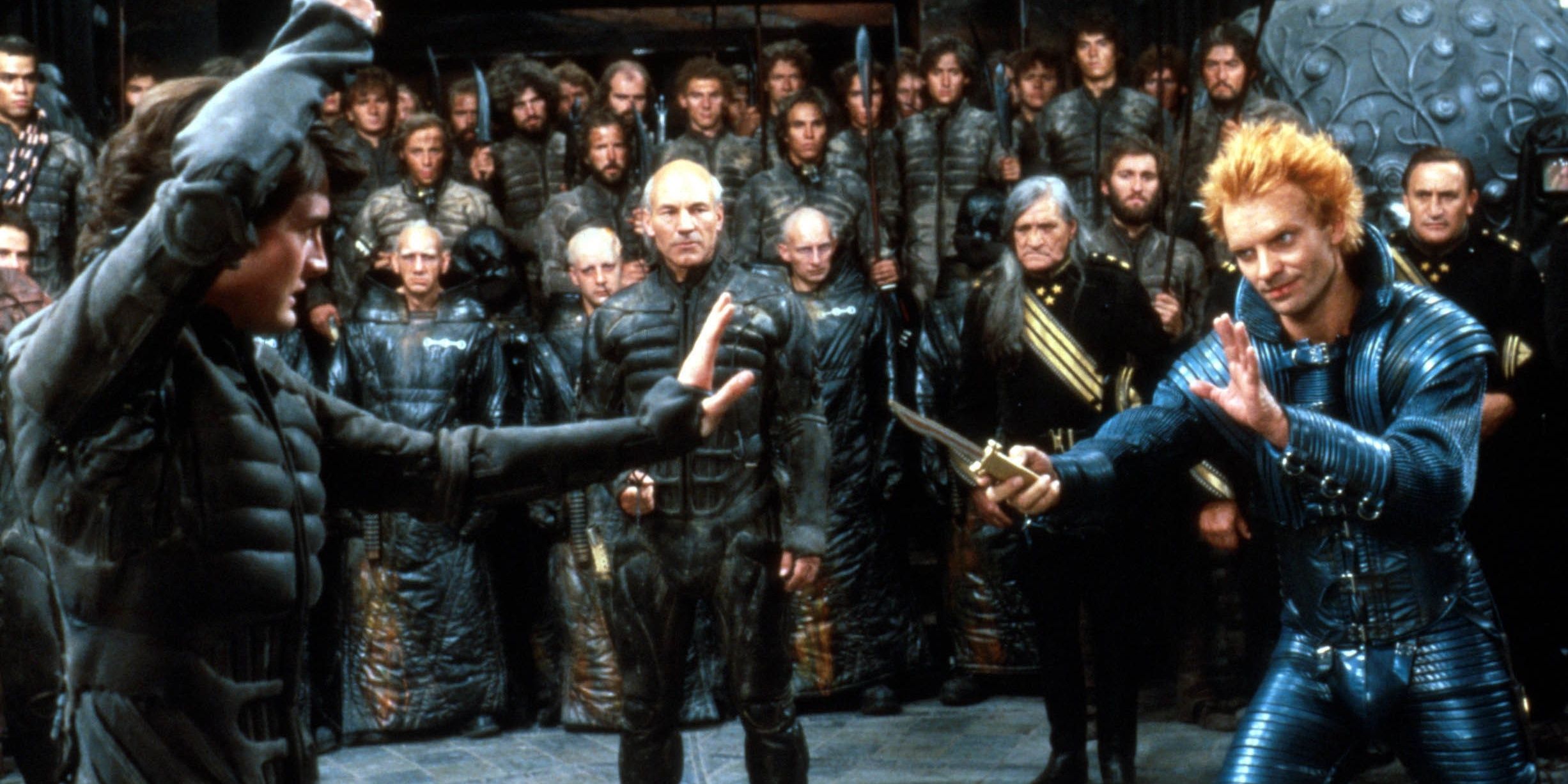
Movies are often re-edited for specific purposes such as for in-flight viewing or TV. Edited versions of The Insider, Heat, Meet Joe Black, and Scent of a Woman all carry the "Alan Smithee" credit because the directors don't feel they don't reflect their vision. One such example is the television edit of David Lynch's Dune.
Originally, David Lynch had made a three-hour film, but the producers wanted a two-hour film. Not only did not they recut his film, but they filmed new scenes to simplify the complicated plot. However, there was still confusion, and theater-goers were given a glossary of terms when they saw the film in order to understand it. Later, without Lynch's involvement, they edited together a much longer version for television to rectify these issues, but audiences found the cut poorly edited, and David Lynch refused to put his name on it, opting for the "Alan Smithee" credit, instead.
1 Death Of A Gunfighter (1969) - 83%
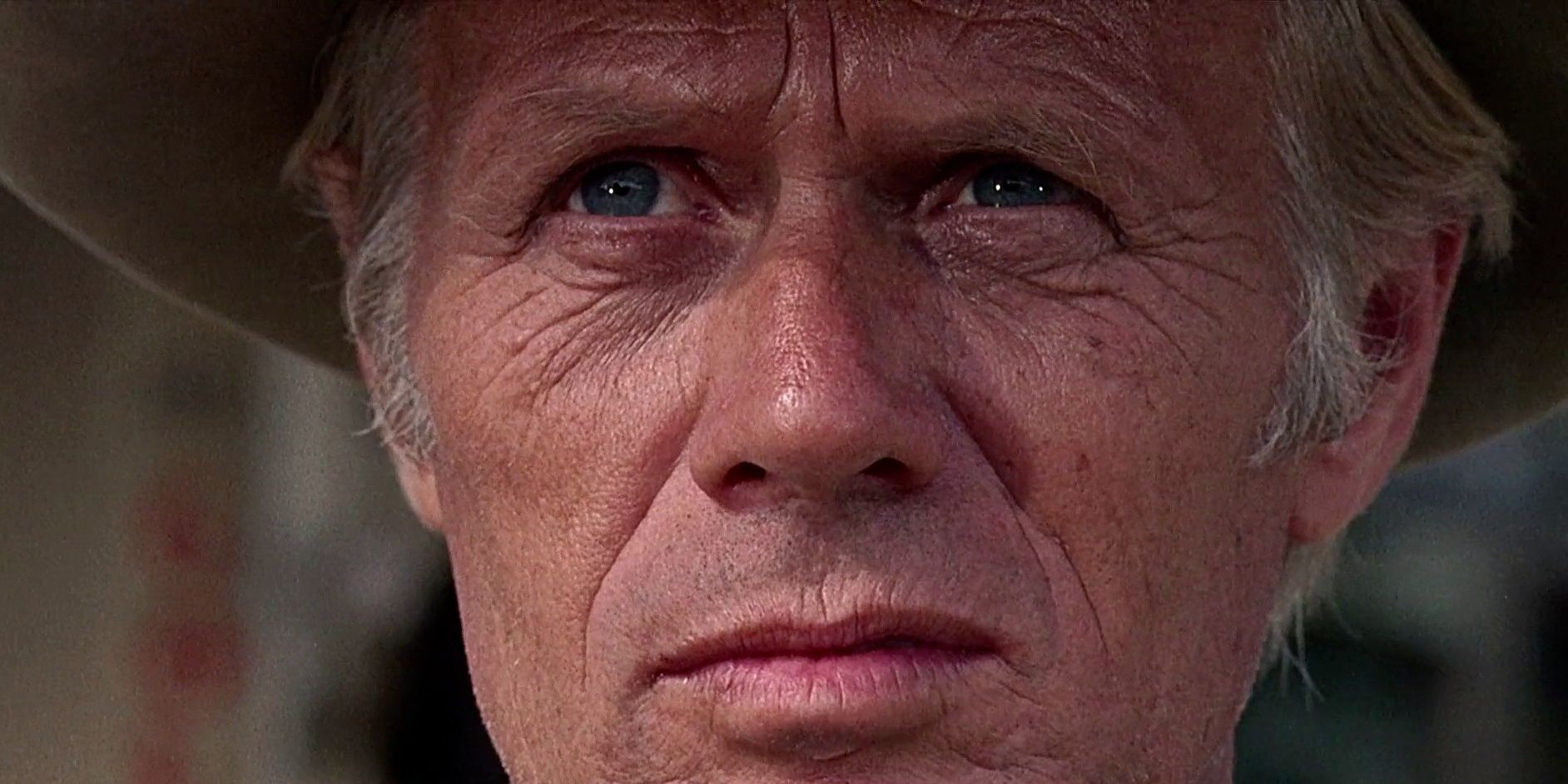
The first time the "Alan Smithee" credit was used is perhaps the only case where the director received praise. The origins of the credit began during the filming of the western, Death Of A Gunfighter, directed by Robert Totten. However, Totten constantly clashed with star Richard Widmark, and he was eventually fired, with Don Siegel stepping in to assume directorial duties.
When filming was completed, Siegel refused to take credit for the film because it was mostly Totten's work. However, Widmark didn't want Totten's name on the film, so, as a compromise, the Director's Guild of America created the infamous pseudonym. The first time it was used, it was spelled "Allen Smithee," and he and his film were highly praised. Famed critic Roger Ebert even said "director Allen Smithee, a name I'm not familiar with, allows his story to flow naturally. An extraordinary western." Unfortunately, the rest of Smithee's filmography wouldn't be as acclaimed.
from ScreenRant - Feed https://ift.tt/2OXhArF


0 Comments